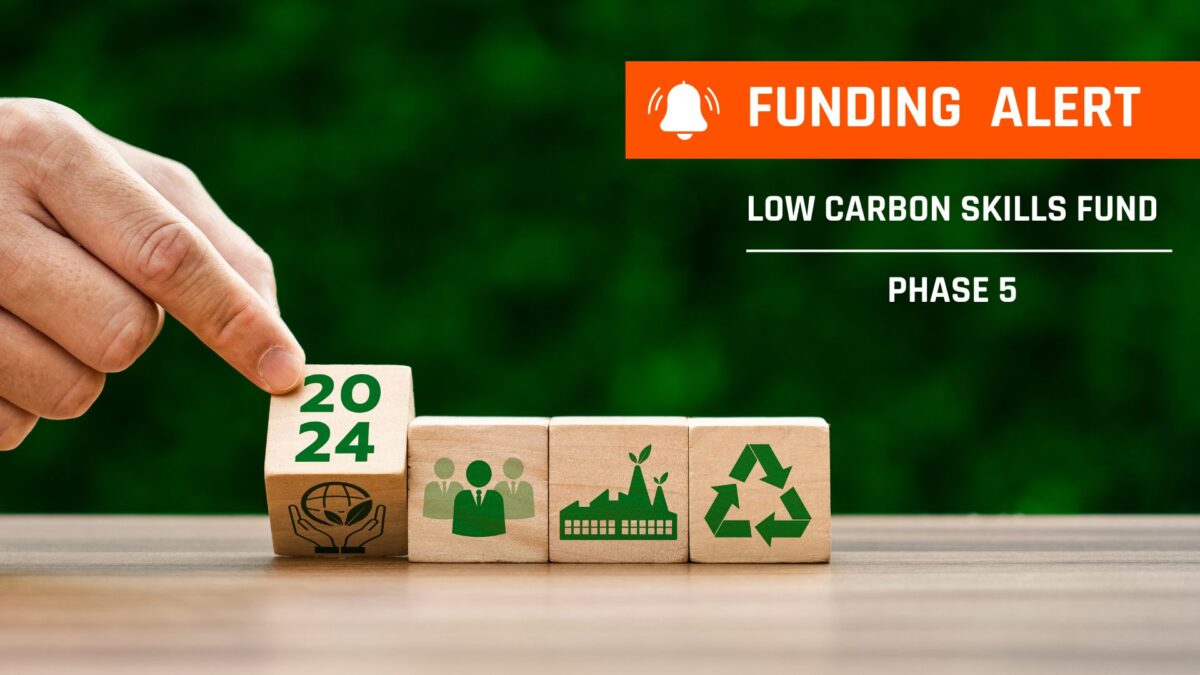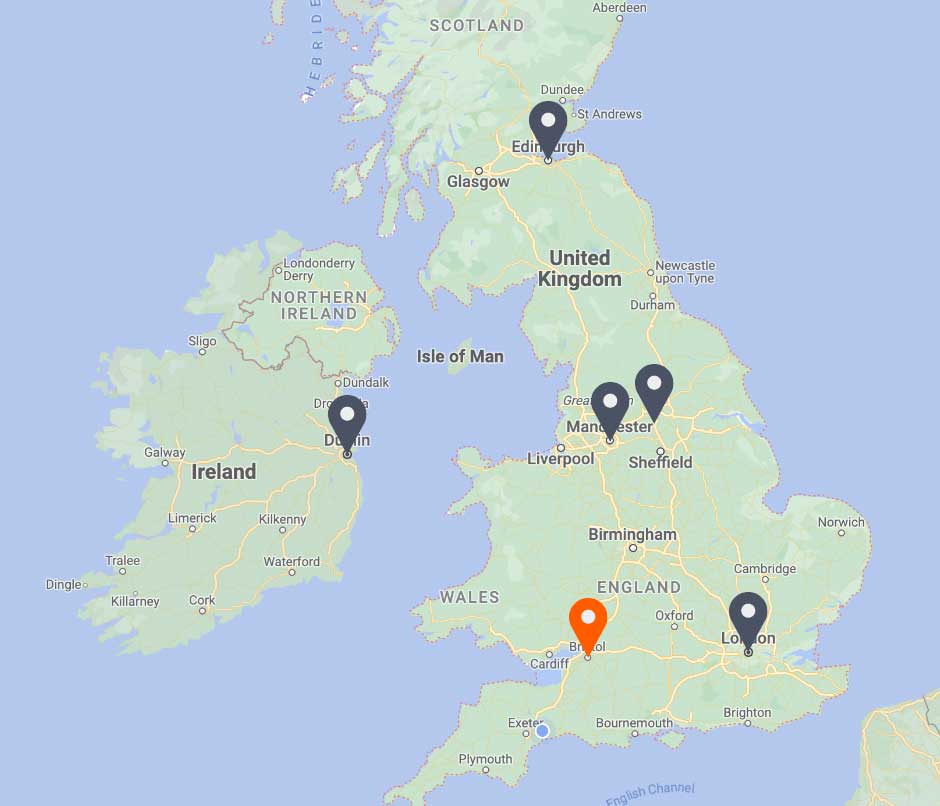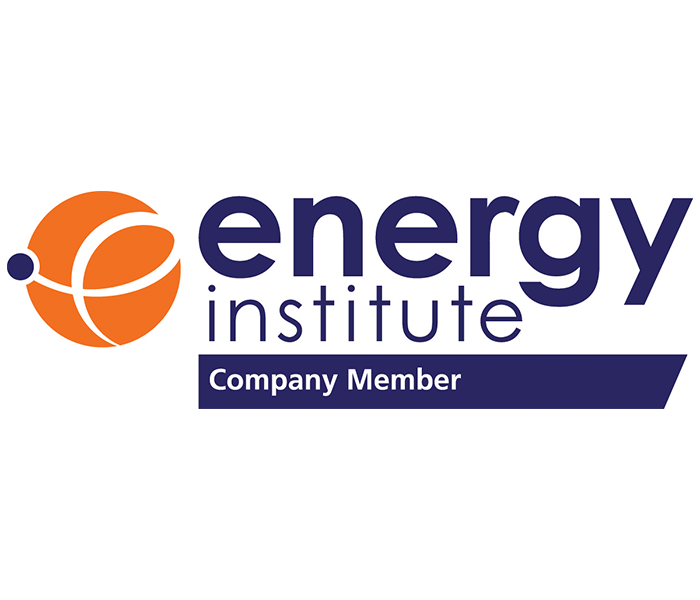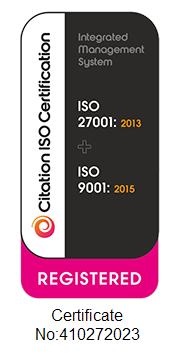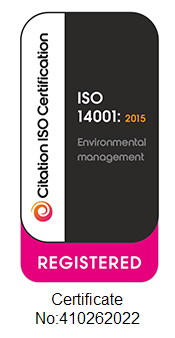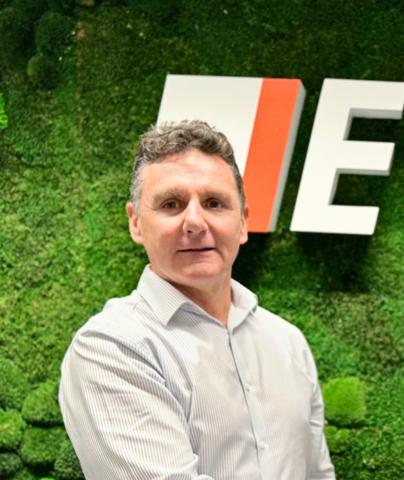THIS ARTICLE AT A GLANCE
CONTACT ETS
If you have any questions or would like to discuss further what you should be doing, ETS is here and willing to help.
Call 0117 205 0542
Email enquiries@energy-ts.com
Submit a contact form
CHECK OUR SERVICES
The Key to Successful Energy Management

Our Managing Director, Phil Warren, shares some thoughts on his time in the Energy Management industry.
Integrating Smart Building Technology
I have spent 25 years of my career working in the energy efficiency industry, developing programmes for commercial and retail clients, and identifying, recommending and implementing strategies for energy and building services engineering to reduce building operating costs and carbon emissions.
A key factor of my business approach has always been to try and understand the energy culture of an organisation, and what their energy policy is trying to achieve before getting into the detail of energy performance improvements. This can help provide clarity of what is achievable for the client and within what timescale.
My company and I create efficiency programs that are based on best practices, targeting nil & low-cost initiatives initially, whilst being fully comprehensive in identifying all improvement opportunities through a building’s lifecycle. This approach enables the savings to be identified, achieved, and then re-invested in a strategic manner, and is founded on our utilisation of transparent measurement and verification procedures with clear accountability.
All initiatives are geared to driving saving and reducing operational risk for our clients and when a large investment is required, the associated success criteria need to be clearly defined. As such, it is right that we as a business stand behind the savings promoted, to sometimes have ‘skin in the game’ and be sure of our IPMVP techniques.
It’s fair to say that there have been many entrants to the energy management market over the years, with many products and consultants overstating the return on investment to the client, which has soured the market somewhat. Similarly, any ESCO or Energy Service Contract can hold enormous promise but there are also real risks if it’s not done properly.
To ensure the energy management expectations are managed, our advice to clients has always been to:
- Be clear on the intended outcomes.
- Enable free access to the same information and agree on the analysis protocol.
- Have clear and enforceable roles and responsibilities.
- Agree on the contractual agreement with a partnering approach where both parties are working together to achieve the desired results.
From the years of my energy management career, and the technologies I have witnessed, trialled, embraced, deployed and rejected, I firmly believe that we are now in one of the most exciting phases to date.
Connectivity through the internet has allowed masses of information to be freely available. The information we now collect from buildings is enabling tomorrow’s decision to be made and significantly de-risked. Data is freely available so that we may be descriptive, predictive and prescriptive. The trick is knowing how to interpret the ‘useful information’ and having the experience and engineering knowledge to know what outcomes are possible.
Primarily though, the main lesson I’ve learned to ensure successful energy management programmes is to spend time with clients at the beginning of the process to fully understand the specific project success criteria and wider business drivers, to be technologically agnostic and open to all solutions, and to always act in our clients’ best interests.
You can find out more information about our approach and how we support our clients here.
Final thoughts
If you are looking for an energy management system that is tailored to your business needs, ETS can provide you with 25 years of experience in dramatically improving energy efficiency and reducing environmental impacts. Whether your businesses have individual assets or large international portfolios, ETS can assist you in saving substantial amounts of money while significantly reducing your carbon performance.
To discuss your requirements, get in touch. You can contact us by calling 0117 205 0542 or drop us an email at enquiries@energy-ts.com.
Our Managing Director, Phil Warren, shares some thoughts on his time in the Energy Management industry.
Integrating Smart Building Technology
I have spent 25 years of my career working in the energy efficiency industry, developing programmes for commercial and retail clients, and identifying, recommending and implementing strategies for energy and building services engineering to reduce building operating costs and carbon emissions.
A key factor of my business approach has always been to try and understand the energy culture of an organisation, and what their energy policy is trying to achieve before getting into the detail of energy performance improvements. This can help provide clarity of what is achievable for the client and within what timescale.
My company and I create efficiency programs that are based on best practices, targeting nil & low-cost initiatives initially, whilst being fully comprehensive in identifying all improvement opportunities through a building’s lifecycle. This approach enables the savings to be identified, achieved, and then re-invested in a strategic manner, and is founded on our utilisation of transparent measurement and verification procedures with clear accountability.
All initiatives are geared to driving saving and reducing operational risk for our clients and when a large investment is required, the associated success criteria need to be clearly defined. As such, it is right that we as a business stand behind the savings promoted, to sometimes have ‘skin in the game’ and be sure of our IPMVP techniques.
It’s fair to say that there have been many entrants to the energy management market over the years, with many products and consultants overstating the return on investment to the client, which has soured the market somewhat. Similarly, any ESCO or Energy Service Contract can hold enormous promise but there are also real risks if it’s not done properly.
To ensure the energy management expectations are managed, our advice to clients has always been to:
- Be clear on the intended outcomes.
- Enable free access to the same information and agree on the analysis protocol.
- Have clear and enforceable roles and responsibilities.
- Agree on the contractual agreement with a partnering approach where both parties are working together to achieve the desired results.
From the years of my energy management career, and the technologies I have witnessed, trialled, embraced, deployed and rejected, I firmly believe that we are now in one of the most exciting phases to date.
Connectivity through the internet has allowed masses of information to be freely available. The information we now collect from buildings is enabling tomorrow’s decision to be made and significantly de-risked. Data is freely available so that we may be descriptive, predictive and prescriptive. The trick is knowing how to interpret the ‘useful information’ and having the experience and engineering knowledge to know what outcomes are possible.
Primarily though, the main lesson I’ve learned to ensure successful energy management programmes is to spend time with clients at the beginning of the process to fully understand the specific project success criteria and wider business drivers, to be technologically agnostic and open to all solutions, and to always act in our clients’ best interests.
You can find out more information about our approach and how we support our clients here.
To discuss your requirements, get in touch. You can contact us by calling 0117 205 0542 or drop us an email at enquiries@energy-ts.com.
Related Article
Important Update: What You Need to Know about ESOS Phase 3
Time is ticking for the ESOS Phase 3 deadline. The Environment Agency announced that the reporting system is available now. For organisations qualifying for ESOS Phase 3, the deadline for submitting a compliance notification is 5 June 2024, and organisations should still look to meet this compliance notification deadline where possible.
Earth Day 2024
Earth Day represents a vital reminder of our planet’s fragility and the importance of preserving its natural resources for future generations. It’s a time to unite to combat climate change, protect ecosystems, and promote environmental stewardship.
Low Carbon Skills Fund Phase 5 secures £16 million (Public sector)
Low Carbon Skills Fund Phase 5 has been announced for the new financial year 2024 to 2025. With £16 million of funding available, public sector organisations in England now have the opportunity to harness the technical skills and expertise needed to develop robust heat decarbonisation plans that will pave the way for Net Zero.
































